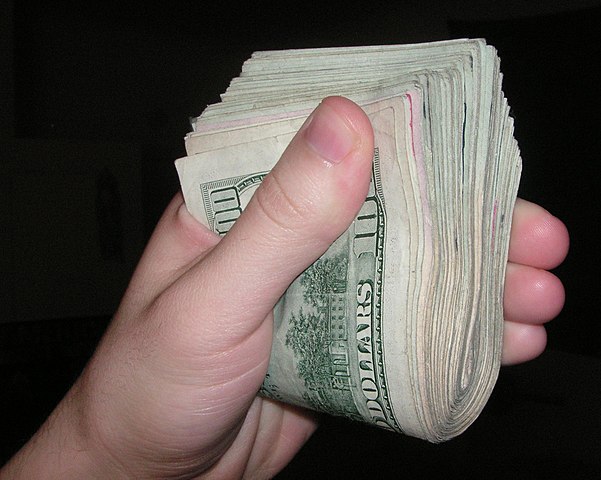Banking can be confusing at the best of times, but add in currency exchange and international payments and it’s enough to get some people stashing their cash back in the box under the bed.
However most international payments have been vastly simplified in recent years, and the advent of internet banking has made it even easier.
With many of our goods and gadgets coming from abroad, there’s a good chance that, if you haven’t already, you’ll be making an international payment soon, so here’s a quick overview to help you through.
When do you need to use international payments?
Most people will use international payments when buying goods from abroad, paying for holidays or when making a gift. If you’re paying into an EU bank account, the process is fairly straight forward, but other countries may have different rules.
For many people who live and work in one country, they will simply never have to get involved with international payments. However if and when you do have to make an international payment, it can be very confusing and a little daunting.

Understanding exchange rates
Whenever you travel abroad and exchange your money, you use an exchange rate to calculate how much local currency you should receive. Foreign exchange international payments are no different.
Every bank will have their own exchange rate, and make sure you check it against other rates before you make a payment. Whichever bank you use, their buying and selling rates for foreign currency will be different to ensure that they make a profit. But too much of a difference could leave you out of pocket.
There are other companies through which you can make payments, so if your bank’s rate is unacceptable, don’t feel trapped into using them. Shop around and see which other services are available. Depending on how much you’re paying, this could save you a significant amount.
Will you be charged a transaction fee?
Most banks will also charge you a transaction fee whenever you make a foreign exchange international payment.
This is often a flat fee per transaction, and may vary depending on the amount you are paying. As it is a flat fee, try and make one larger payment instead of several smaller payments to ensure you don’t get charged unnecessarily.
Is it safe?
If you’re using your own bank and you have all the recipient’s details correct, there’s no reason that a foreign exchange international payment is not completely safe.
However if you’re in another country or using a third party service make sure you read all of the terms and conditions thoroughly. Ensure that you know when the money will arrive, and that, if it doesn’t, there are channels through which it can be traced.
Is it better to pay in your own currency?
Most services will allow you to choose whether you would like to pay in your own currency or that of the recipient. This is really down to personal choice and shouldn’t affect the actual amount you pay.
Many people like to pay in their own currency to help keep track of their funds, and ensure they’re paying the correct amount.
Corporate solutions
For anyone making regular payments through a business, corporate solutions are normally available to ensure you get a good rate.
Businesses can make or lose thousands with small shifts in currency exchange, so ensuring you’re on top of international payments is crucial.
For anyone dealing with foreign exchange international payments, reading the small print and checking all of the details are very important. But with a bit of care you could be buying treats from abroad in no time, or putting a deposit down on that dream holiday villa.
Featured images:
Written by Nathan Griffiths who enjoys learning about how finance systems work. He recommends checking out International-payments.co.uk to learn more about finances and making international payments.



